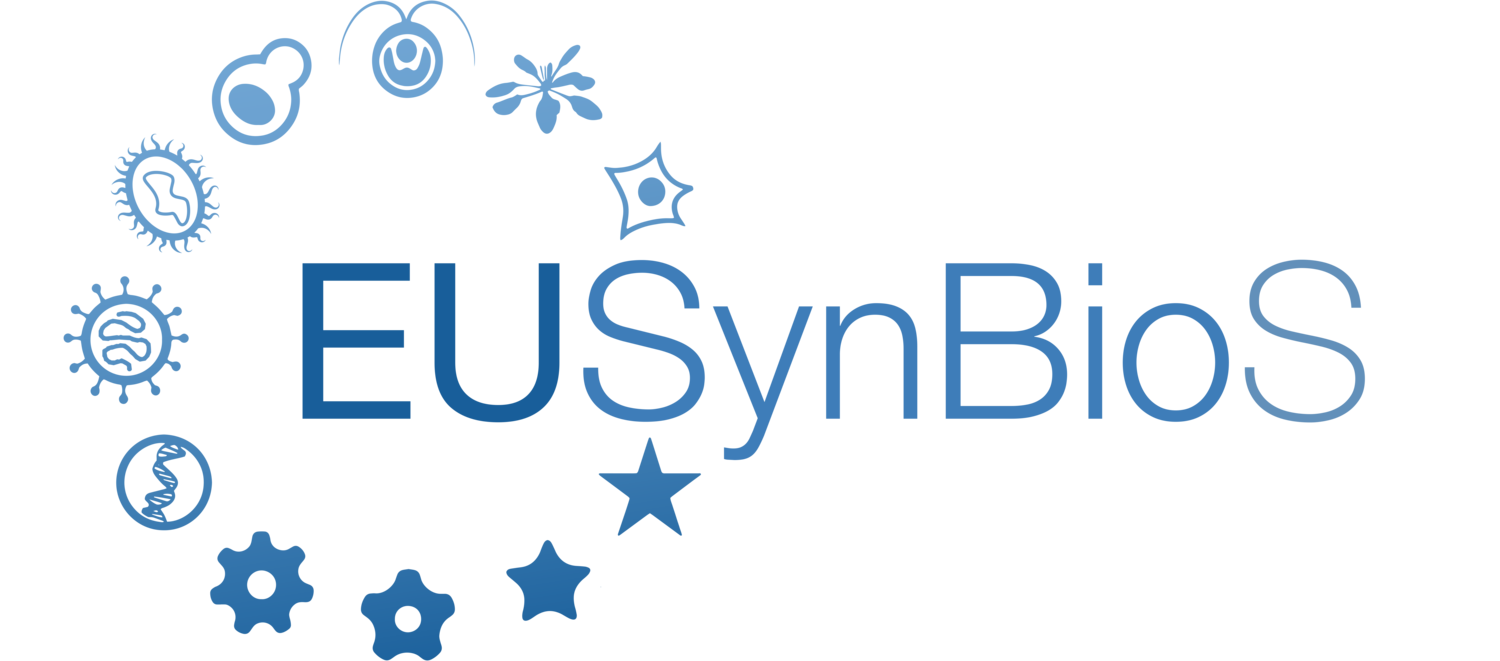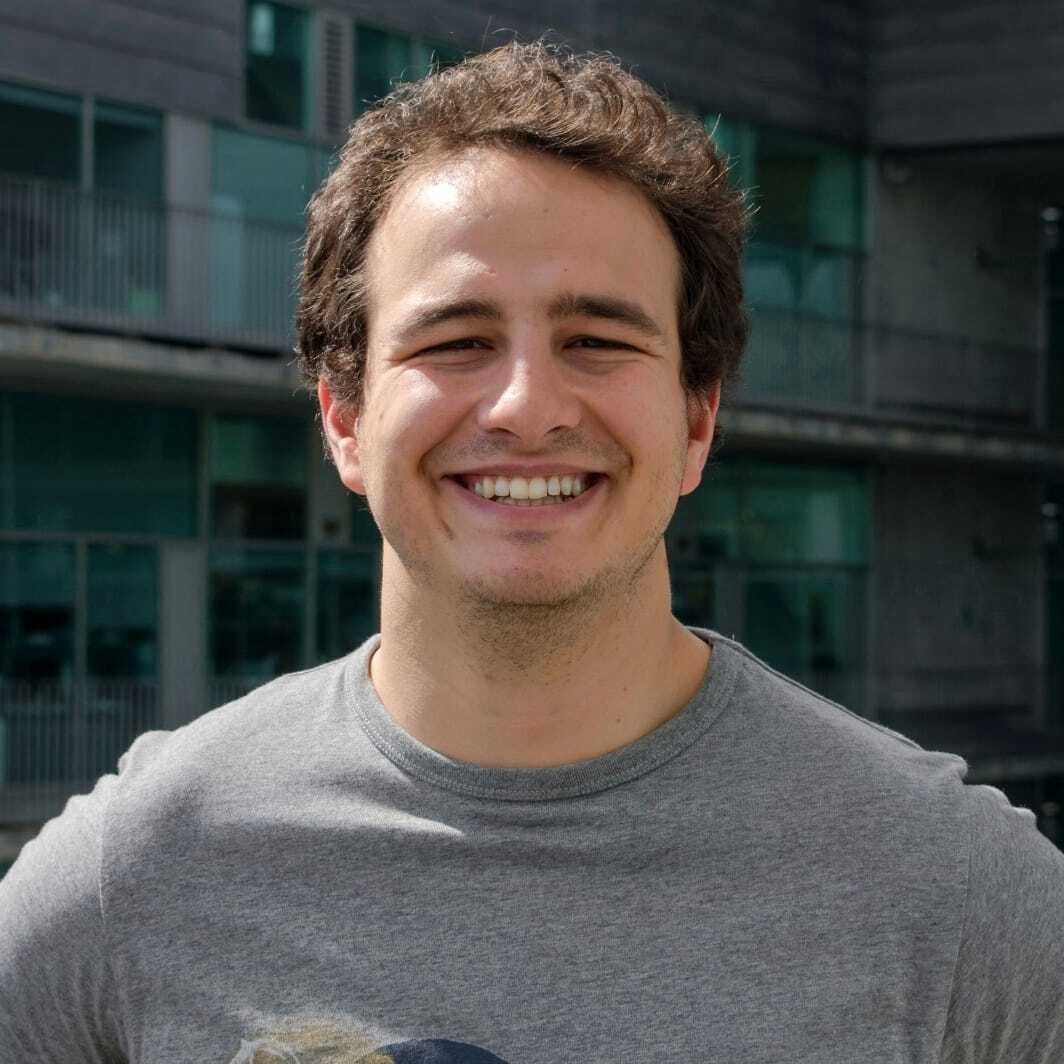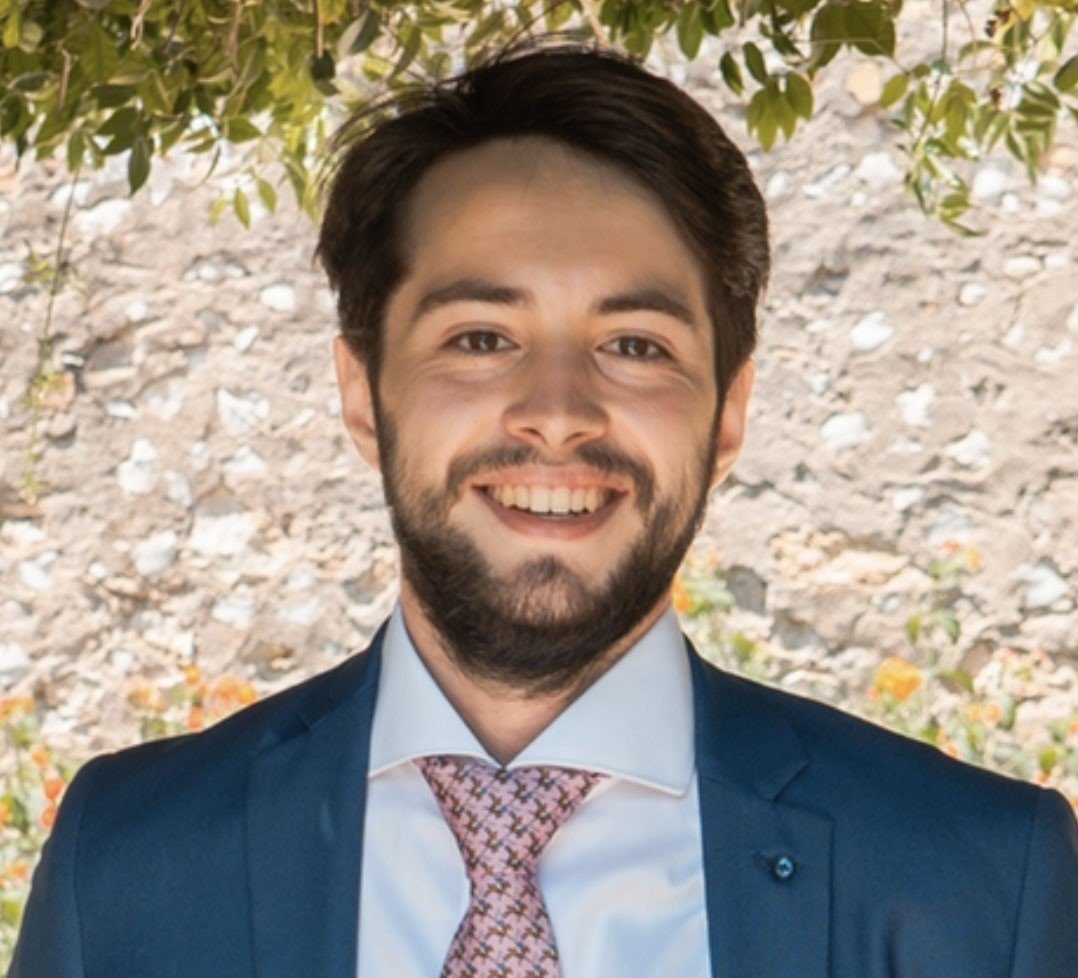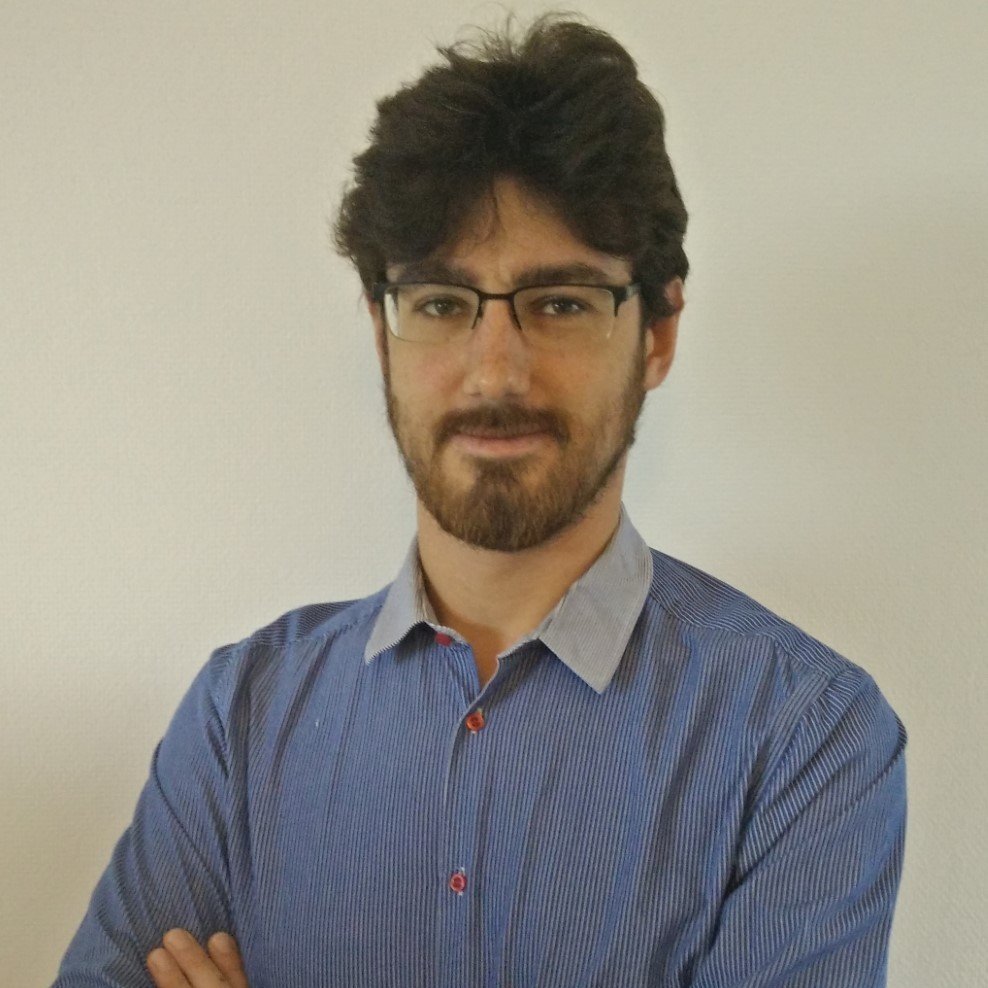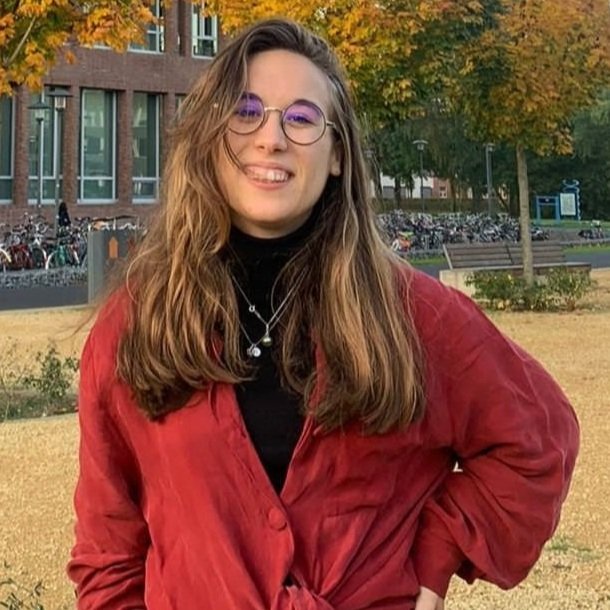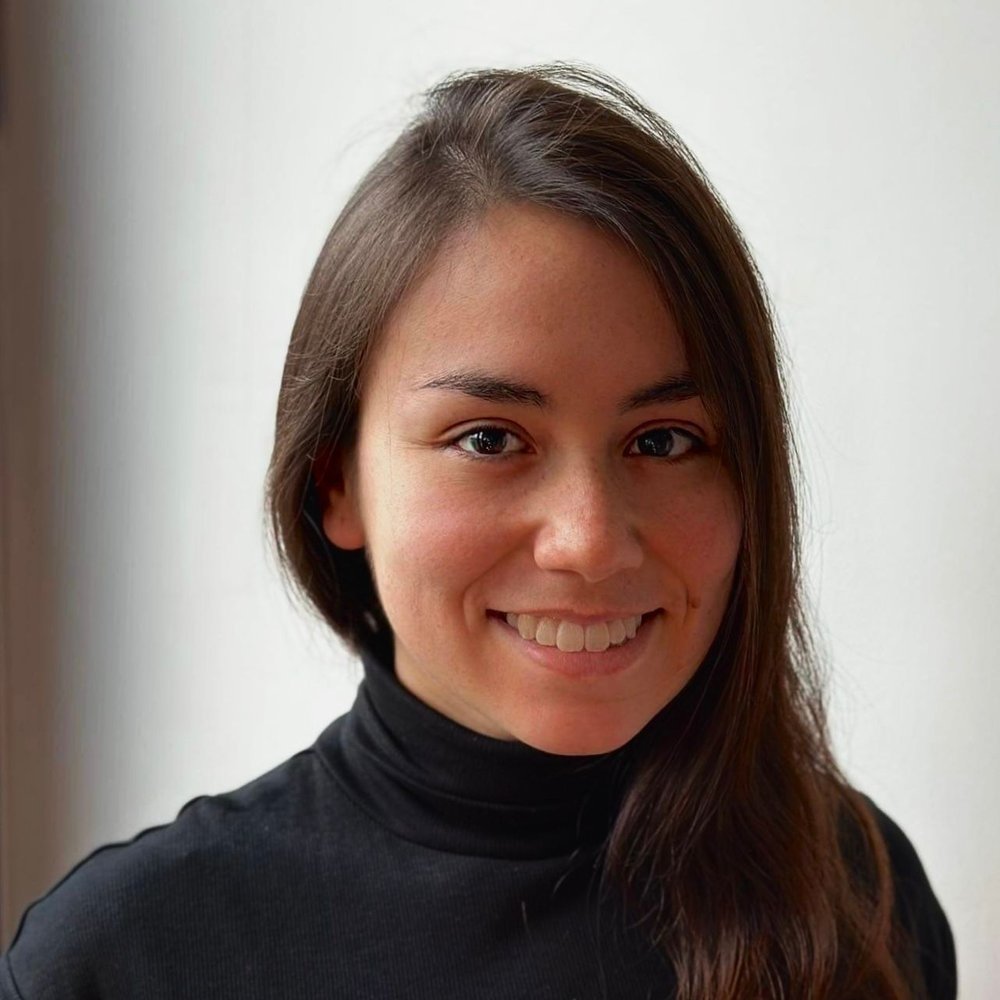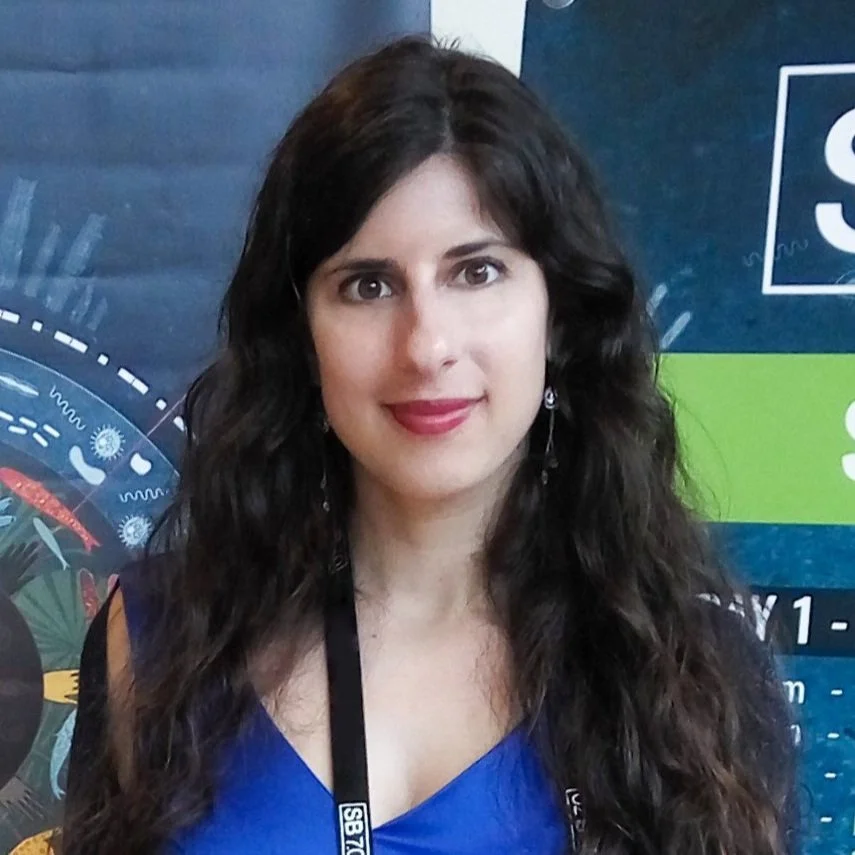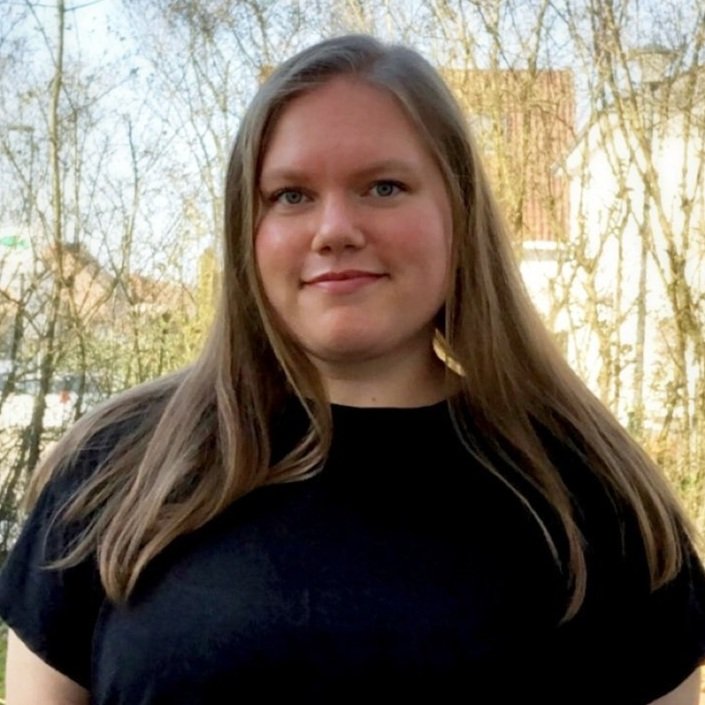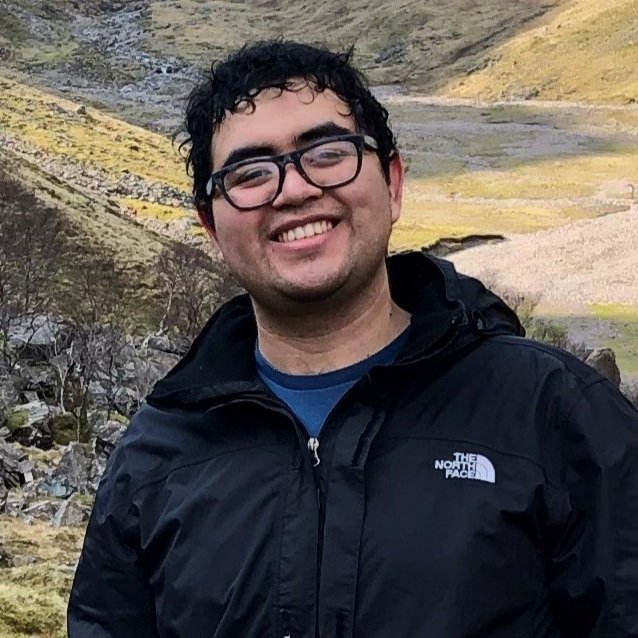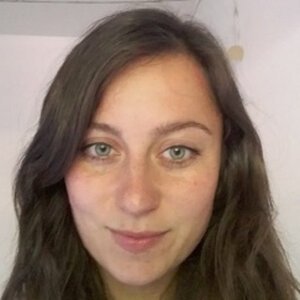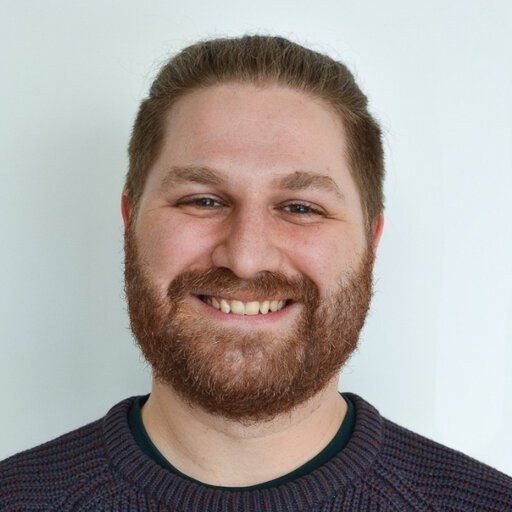Steering Committee
EUSynBioS is led by a Steering Committee, composed of synthetic biology experts and enthusiasts. We are passionate about making a difference and we want to promote awareness about the positive impact of Synthetic Biology, as well as strive to build a community of like-minded people in Europe.
Currently, the EUSynBioS Steering Committee has twelve members. New members are selected by the old members of the Steering Committee and assigned a function for the length of a two-year term. Active areas are: Management, Social Media & Content, PR & Communication, Funding & Industry and Entrepreneurship.
You can find a list of the current Steering Committee members below.
Meet the Steering Committee
Guillermo Nevot
Chair
UNIVERSITAT POMPEU FABRA, SPAIN
Jose Eduardo Escrig Molina
Vice-Chair
UNIVERSITY OF VALENCIA, SPAIN
Sofía Jiménez Ochoa
Treasurer
I2SysBio, CSIC, SPAIN
Stefano Grasso
Secretary
LESAFFRE, FRANCE
Sonia Mecacci
WAGENINGEN UNIVERSITY,
THE NETHERLANDS
Paola Handal
KU LEUVEN, BELGIUM
Joana L. Rodrigues
UNIVERSITY OF MINHO, PORTUGAL
Rosa-Maria Määttälä
KU LEUVEN, BELGIUM
Catarina Almeida
Cambridge, UK
Uriel Barboza Perez
UNIVERSITY OF EDINBURGH, UK
Cathal O’Reilly
University of Manchester, UK
Varun Tadimarri
Leibniz Institute, Germany
Our Alumni
Over the years our Steering Committee has been run by talented researchers all over Europe, determined to promote synthetic biology across the continent
